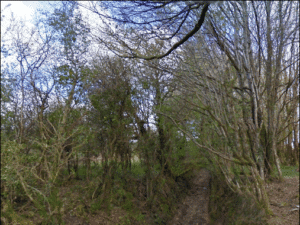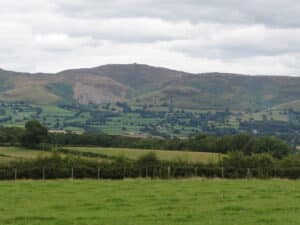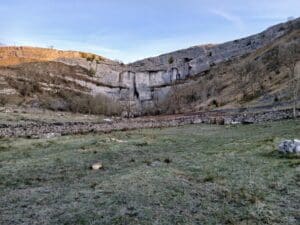Join the Society
If you love the great outdoors and enjoying full access to your favourite open and green spaces, footpaths, bridleways and cycle routes, you should consider joining the Open Spaces Society.
As a member, you will enjoy many benefits, including the support of our expert team based at our head office in Henley-on-Thames. We have a casework policy to help us prioritise the charity's limited resources.
Depending on where you live, you may also have a local Open Spaces Society correspondent (our name for volunteer) who may be able to help you.
What are your rights when it comes to accessing the routes you know and love?
At Open Spaces Society, we are experts on all types of public rights of way and we can help you defend your local footpath if it’s under threat.
We can help you claim a path, remove a blockage, or lobby your highway authority. Read about our campaigning work for rights of way here.
We also have a network of dedicated volunteers known as local correspondents. They can help you in your local area.
What is a right of way?
A right of way is a path that anyone has the legal right to use on foot, and sometimes using other forms of transport.
- Public footpaths are normally open only to walkers
- Public bridleways are open to walkers, horse-riders and cyclists
- Restricted byways are open to walkers, horse-riders, and drivers/riders of non-mechanically propelled vehicles (such as horse-drawn carriages and pedal cycles)
- Byways Open to All Traffic (BOATs) are open to all classes of traffic including motor vehicles, though they may not be maintained to the same standard as ordinary roads.

How can you protect your rights of way?
Whether it’s a local footpath or a path you’ve taken on holiday or on a day trip, we can help you protect it.
The most effective way for you to fight for your rights of way in England and Wales is to join the Open Spaces Society.
As a member, you can count on the support of our expert team based at our head office in Henley-on-Thames. Here are some examples of cases where we have given guidance to individual, group or local authority members.
Depending on where you live, you may also have a local Open Spaces Society correspondent (our name for volunteer) who is consulted on all planning consultations that affect public rights of way.
Need help defending your local right of way?




